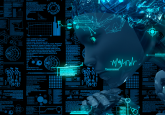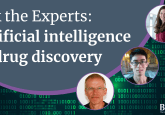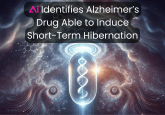WIRED Health 2025: AI’s Expanding Role in Healthcare
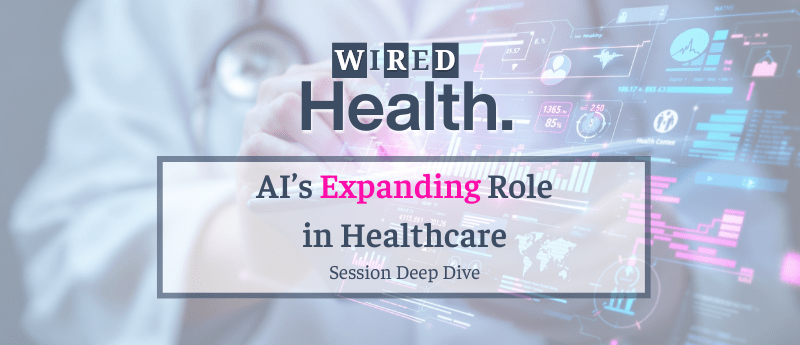
The annual WIRED Health event promises to deliver the most exciting updates to the healthcare world, and this year was no exception. On the 18th of March 2025, leading experts in the field –scientists, doctors, and entrepreneurs alike– came together from across the globe to the city of London (UK) with one goal: to spark discussions on the rapidly changing healthcare landscape.
Manas AI: Making Drug Discovery Faster and Cheaper
During one of the day’s key discussions, Reid Hoffman, co-founder of LinkedIn, ruminates on his latest project—Manas AI, a Microsoft-partnered platform that rapidly generates potential drug candidates using bespoke chemical libraries.
This builds on Daphne’s previous keynote talk, similarly exploring her company’s AI approach in the drug discovery space.
Reid first outlines his goals with the company: “[Using Manas AI], we can start with 10,000 candidates as new molecules and then accelerate how we test them for therapeutic potential. So we get there faster with a much larger candidate pool.”
He further describes Manas AI’s potential for maximizing benefits while minimizing costs and risks. Specifically, he emphasizes how AI could save lives by bringing critical treatments to patients years earlier than traditional pipelines would allow.
“If something takes an extra three years to bring to the market, you are risking fatalities. These deaths could be avoided with a faster discovery pipeline.”
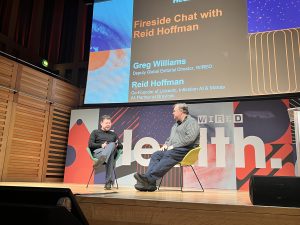
DeepSeek: Lessons Learnt From Across the Globe
With the field growing rapidly, Reid turns his attention to other developments across the globe, reflecting on China’s release of AI-chatbot DeepSeek earlier this year. The large language model has been compared to ChatGPT in its capabilities while cutting developer costs by up to 75%.
DeepSeek’s launch sent shockwaves through the industry, wiping out $1 trillion in stock value from the market and leaving experts pondering whether America would still dominate the AI space as previously thought.
Reid, however, cautions that there were some inaccuracies around DeepSeek’s announcement, referencing accusations of the startup using distillation to replicate OpenAI models without authorization. He underscores two key learnings from DeepSeek’s development:
- “The technological race is truly and fully on.” The pressure for companies to create novel AI solutions with high power and low cost is surmounting, with a potential mass impact on the market’s economic trajectory.
- “China can do this with DeepSeek in terms of distillation—so can Europe.” Europe can take inspiration from the launch of DeepSeek to ensure proper use of distillation, obtaining developers’ permission to incorporate elements from larger models into smaller ones. This could enable both widespread and niche distribution of AI systems across businesses, with larger, more general models deployed across industries while specialized models are tailored for use by specific companies.
Challenging Doubts Around Human Agency
Finally, Reid addresses concerns over the impact of AI on human agency, citing the release of his latest book Super Agency, which views the future of AI through a lens of opportunity rather than one dominated by fear.
“People’s initial reactions [over AI] were all about human agency: ‘Will I lose my job over agency? Will I lose agency over my participation in democracy?’”
He continues: “However, in each of these cases, I can see the technology developing in ways that will potentially increase agency.”
Reid concludes by inviting the audience to consider how we can transition more seamlessly into an AI-powered society. He describes the wave of AI as a ‘cognitive Industrial Revolution’, paralleling the historical era in both its positive potential and areas of concern.
“The benefit is similar to how the Industrial Revolution paved the way for modern society and the prosperity we enjoy today,” he says. “But the transition was brutal.”
“We have the opportunity, so let’s try and make the transition as graceful as we can. It’ll still be difficult, but let’s navigate that as it’s happening.”

